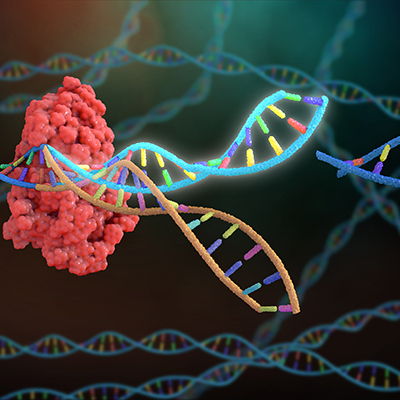May 30, 2023 -- Single-cell RNA sequencing data has revealed an immune signature associated with non-responses to checkpoint inhibitors that may be a driver of resistance to immunotherapy.
PD-1/L1 checkpoint inhibitors have improved health outcomes in a range of tumor types by unleashing immune attacks against cancer cells. However, only a subset of people responds to the treatments. There is a lack of methods to clearly identify who will benefit from the drugs, and a lack of therapies that can prime patients to respond to checkpoint inhibitors.
Scientists at the University of Texas MD Anderson Cancer Center have now provided a new explanation for why checkpoint inhibitors are ineffective in some patients. The findings, details of which were shared in Nature Medicine, come from an analysis of 27 single-cell RNA sequencing datasets.
By combining the datasets, the team created a pan-cancer single-cell T-cell atlas that includes 308,048 transcriptomes across 16 cancer types. The researchers used the resource to uncover T-cell states and heterogeneous subpopulations of follicular helper, regulatory, and proliferative T cells. Notably, the team found a unique stress response state, TSTR.
The state is characterized by heat shock gene expression. The researchers found TSTR cells in tumor beds and surrounding tumor edges. Heat shock gene expression was significantly upregulated in intratumoral CD4/CD8-positive T cells after treatment with immune checkpoint inhibitors, particularly in nonresponsive tumors. The finding suggests that TSTR cells play a role in resistance to immunotherapy.
If that finding is confirmed, further research into TSTR cells could lead to breakthroughs that increase the response rate to checkpoint blockade, as Dr. Linghua Wang, PhD, corresponding author on the paper and associate professor of Genomic Medicine at MD Anderson, explained.
"Investigating the mechanistic causes of stress response in T cells, understanding how these stressed T cells are induced in the tumor microenvironment, and learning how to stop or reverse this TSTR state could catalyze the development of more effective therapeutic strategies that may bring the benefit of immunotherapy to more cancer patients," Wang said in a statement.
While TSTR cells share some similarities with exhausted T cells, another cell state associated with a weak anticancer immune response, the researchers found they follow a unique differentiation path that is distinct from the trajectory of exhausted T cells. The discovery that TSTR cells are a distinct group was made possible by the expanded dataset and the use of multiple spatial profiling methods.
Copyright © 2023 scienceboard.net










